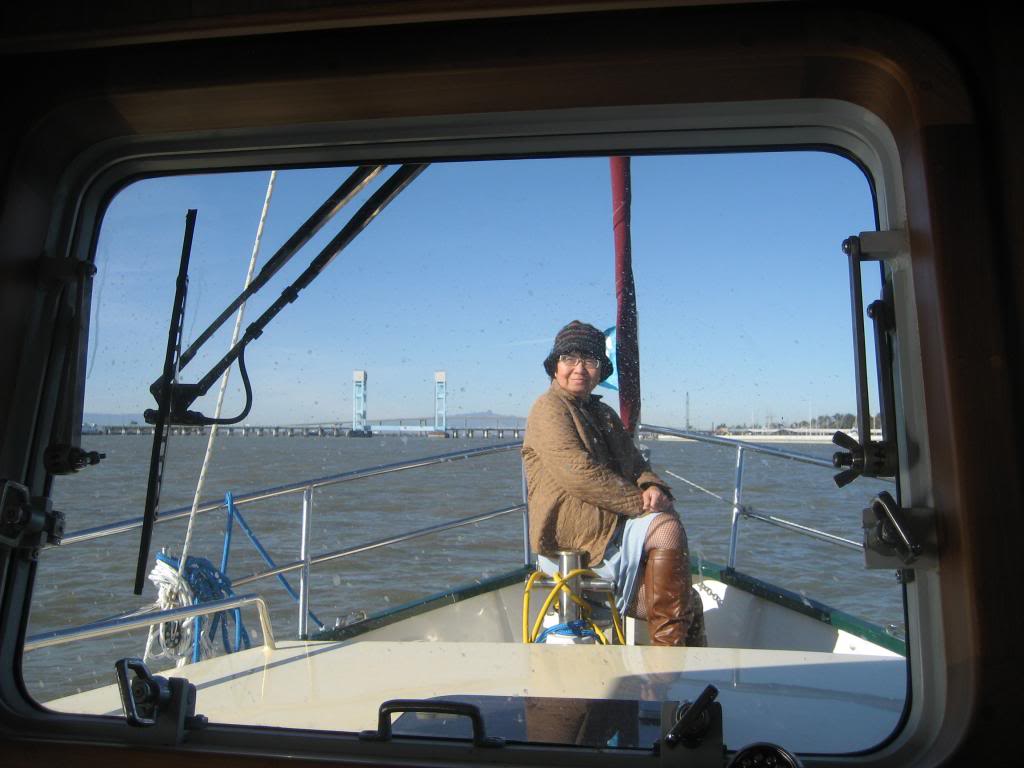Big letters Marin NOT ONE PERSON HAS MENTIONED ANY MAJOR ENGINE COMPONENT FAILURE ONLY MINOR THING LIKE STARTERS BELTS HOSES......all things one can easily replace if the spares are on board. and if not, its toonie time
All three of our precautionary shutdowns were caused by situations that could not be remedied on-the-spot. And two of them were totally removed from and had nothing to do with the engine itself. In each case we came home on the other engine. Had we had a single, each case would have required a tow to port.
And you have blown this "twins cost more to operate, service and maintain than singles" business way out of proportion in my opinion. In our case, servicing means 12 additional quarts of oil and another filter. In the overall scheme of the cost of boating, that's not even an additional cost worth considering. It's virtually free.
Our two engines burn not that much more than the same boat with one of the same engines because to go the same speed the single engine has to work harder, thus burning more fuel. But even if it was, the cost of fuel compared to the overall cost of boating is also damn near free, even at $4 a gallon.
True, you have two sets of parts wearing out instead of just one, but they don't all wear out together so it's not like you're presented with this huge bill every x-years. And the really big expenses---- new engine mounts, new exhaust systems, new shafts, bearings, etc.---- don't come around very often. Maybe never depending on the condition of the boat when you buy it and how long you keep it.
So based on our 14 years of having the boat we have now, I just don't see the cost difference between one and two engines as being a big deal. Moorage, insurance, ground power, the boat's systems--- plumbing, electrical, electronic--- and overall maintenance costs--- paint, brightwork, tools. new lines, dinghy motor tuneups, haulouts, bottom paint, etc., etc. etc,--- far outstrip over time the service and maintenance costs of the engines. Compared to all that, the additional cost of running a second engine is negligable.
Reasons favoring a single---more engine room space, easier service and maintenance access, more protected prop and rudder, quieter, less vibration, simpler electrical system, lower purchase price (usually)--- are far more significant in terms of deciding between one and the other than the cost difference between running one and running two in my (and my wife's who keeps the books) opinion.






 Ask any bird.
Ask any bird.